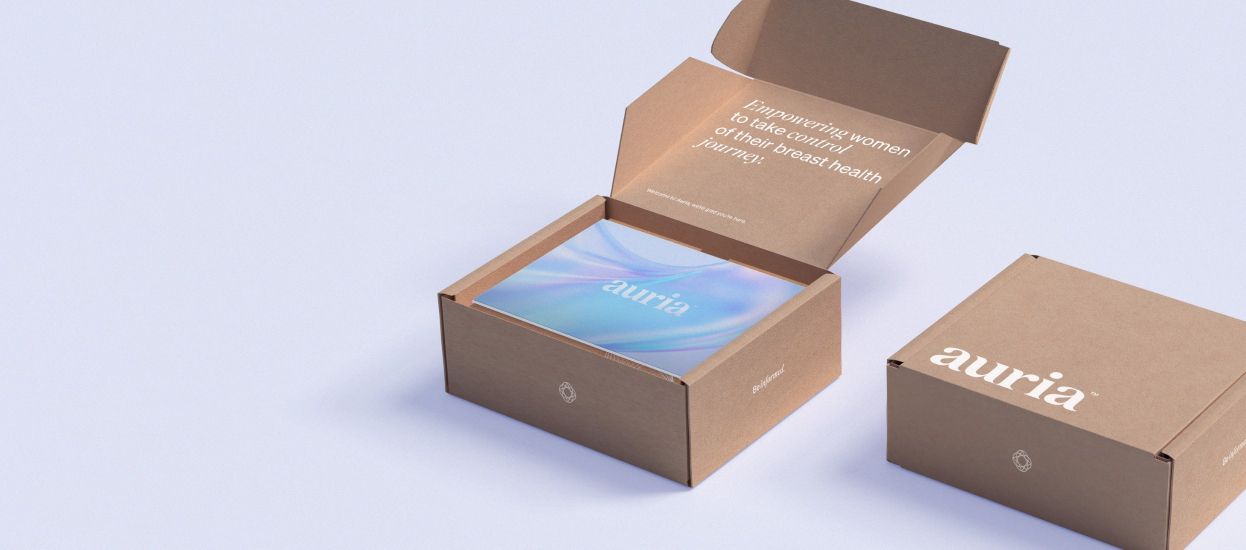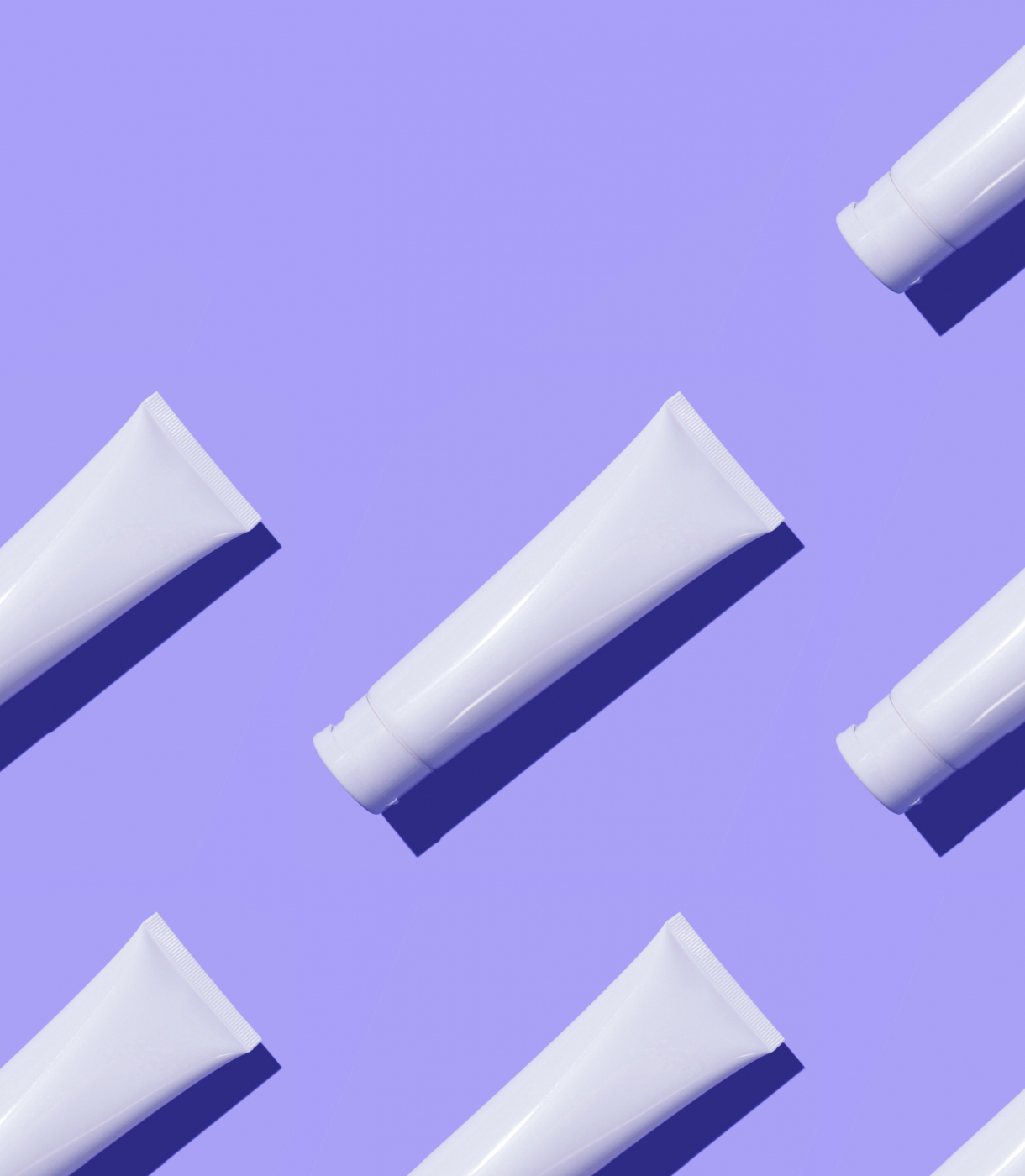
Remove the destroyers
Minimize the things that cause disrepair.
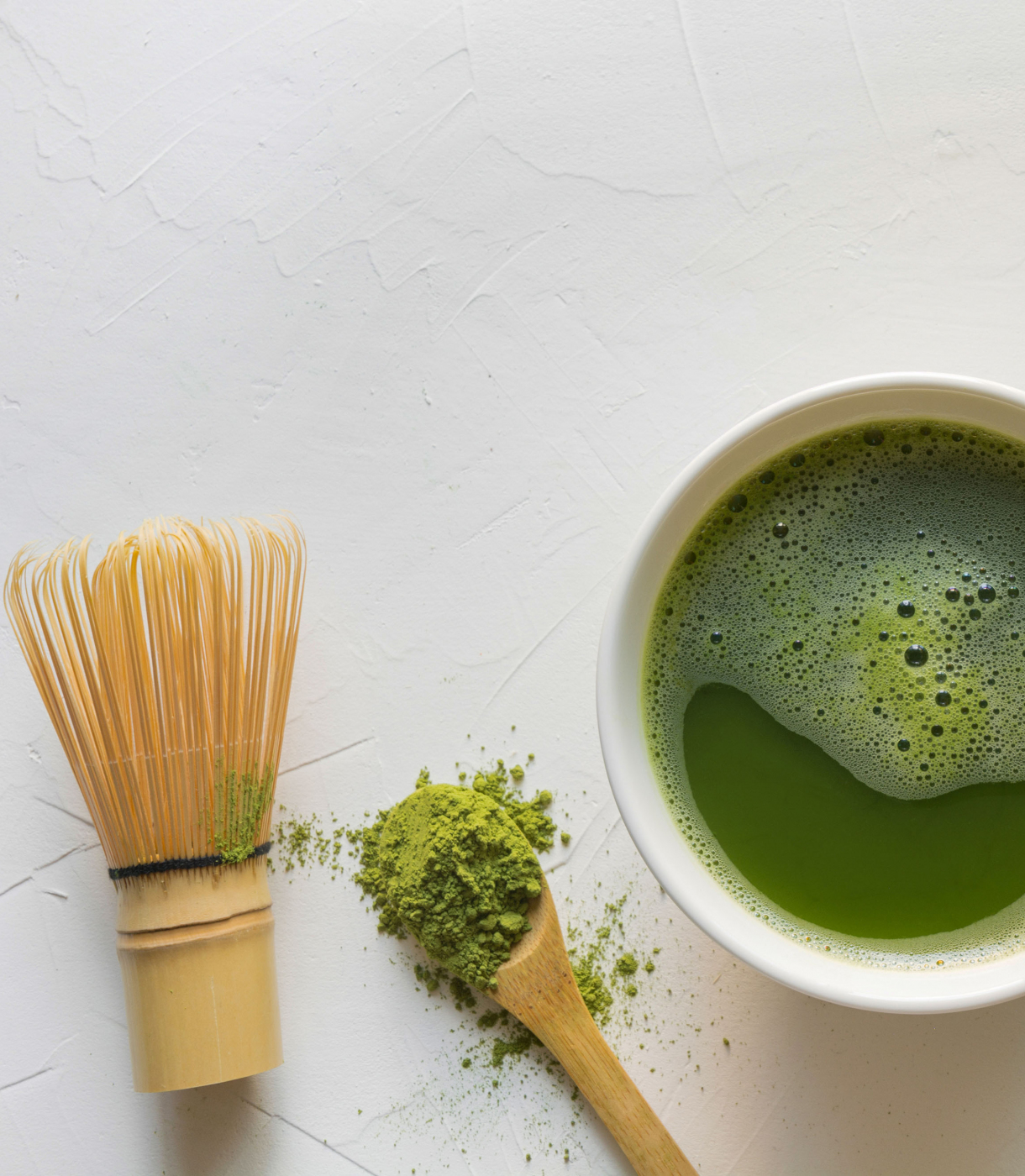
Add the fighters
Support your body’s innate healing process.
Our bodies are in a constant state of healing and disrepair.
Given the right tools we can support our bodies innate healing process, while minimizing things that promote disrepair. Fortunately, science has identified several things that encourage breast cancer and several things that help your body fight and prevent cancer.

Remove the destroyers
Minimize the things that cause disrepair.

Add the fighters
Support your body’s innate healing process.
Remove the destroyers
Science has identified a variety of harmful things that disrupt our bodies natural healing system.
Minimizing these disrupters will promote and restore your body’s innate healing process, and help your body fight and prevent cancer.
Ultra processed foods contain substances you would not use in food preparation at home, such as hydrolyzed proteins, modified starches, hydrogenated oils, colorants, flavorings, high fructose corn syrup, artificial sweeteners, and bulking agents.1
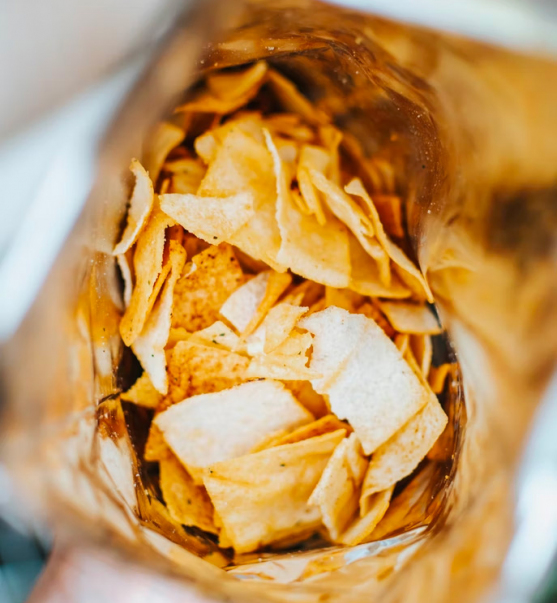
Can increase risk of breast cancer by 10%.
Not only are you not providing your body with the tools it needs to heal itself by eating processed foods your introducing destructive agents that actually block the bodies ability to heal.
Compounds used to control insects and unwanted plants in agricultural fields.
Inhaled or absorbed through the skin or in your food. Can be found in produce, meat, or fish.
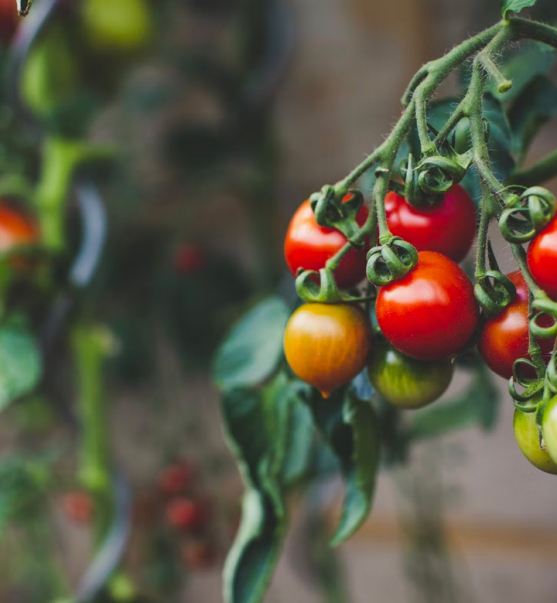
There are links between specific pesticides and breast cancer, especially during critical periods of breast development such as early childhood.
A drink that contains ethanol, a type of alcohol produced by fermented grains, fruits, or other sources of sugar that act as a drug.
Beer, wine, liquor.

Research consistently shows that drinking alcoholic beverages increases a woman’s risk of hormone-receptor-positive breast cancer.
Try to keep alcohol consumption to no more than 6 oz. per day.
Chemicals that infere and impare the function of our endocrine system due to their interaction with estrogen receptors.
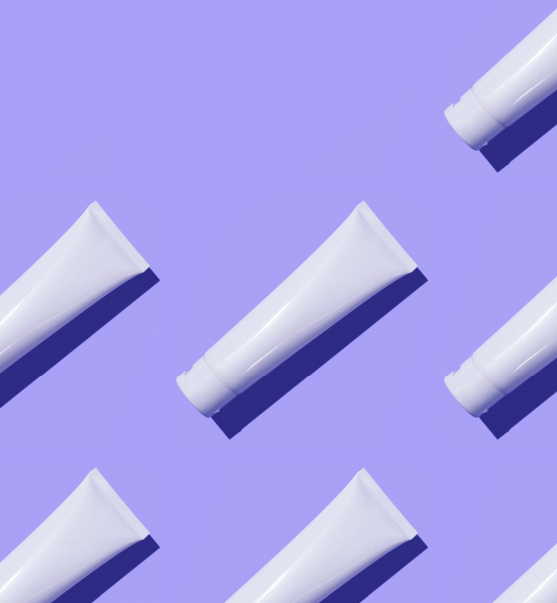
Minor changes to the normal functioning endocrine system can be enough to alter this sensitive system leading to health problems. Interaction with these compounds can happen through diet, air, skin, and water.
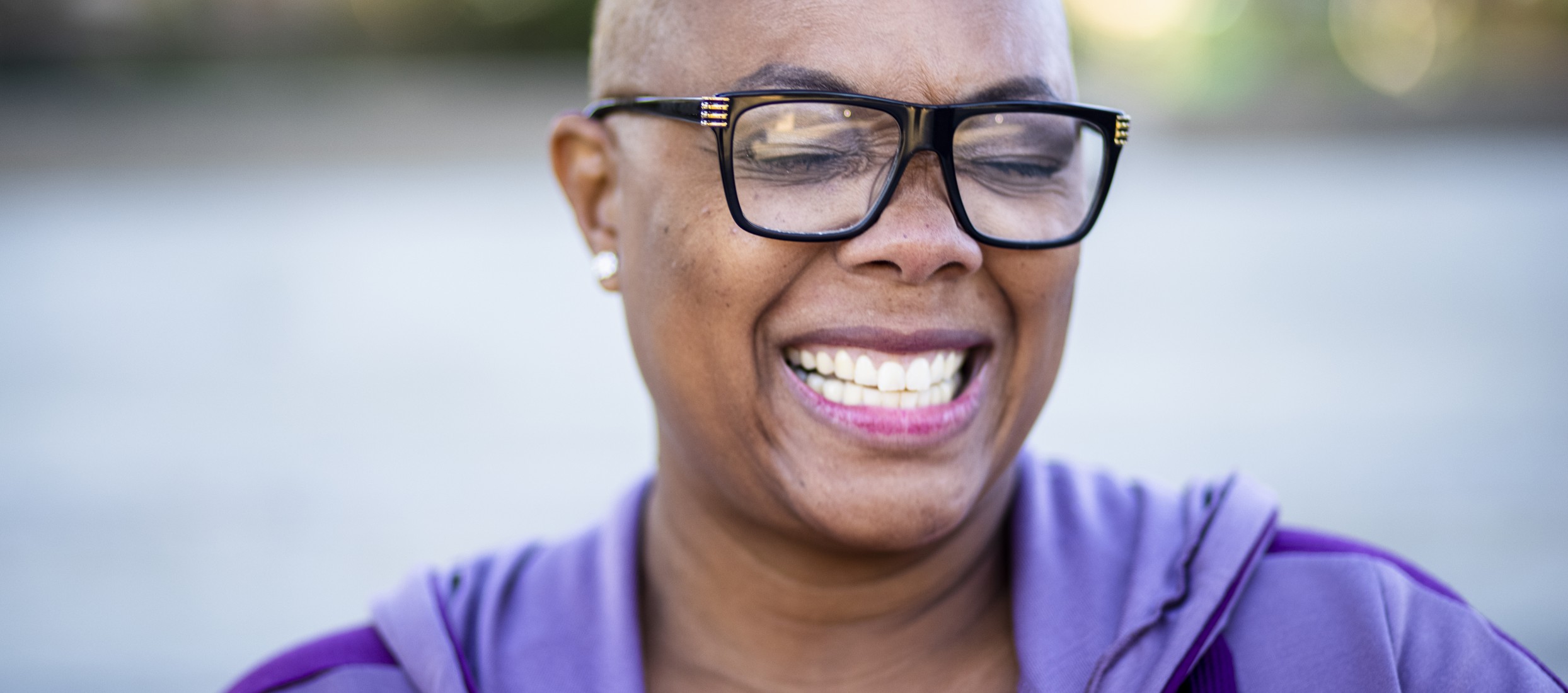
Say hello to
Happy healing
Healthy bodies.
Add the fighters
We all have our go-to healthy habits to boost energy, mood, productivity, and general wellness.
We’ve identified four simple sources to not only support your bodies natural healing, but with unique properties to actively fight breast cancer.
Type of carbohydrate that the body can’t digest.
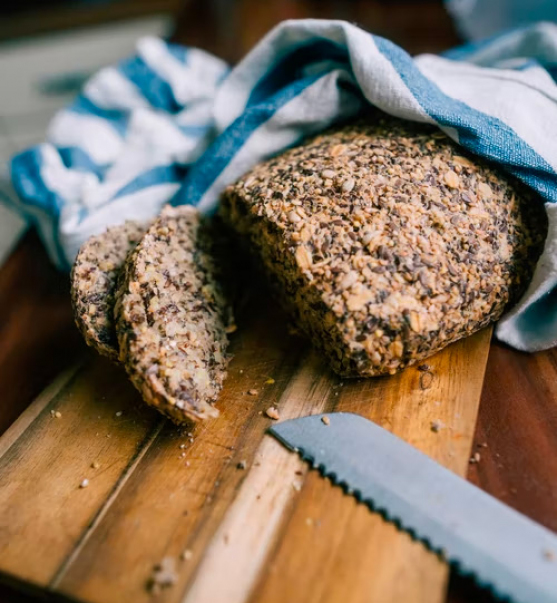
Studies have shown that fiber acts to prevent breast cancer by controlling blood sugar and decreasing estrogen levels.
Fiber also helps with establishing a healthy microbiome. New research is finding that a lot of our immune system is related to our microbiome.
Vegetables of the family Brassicaceae.
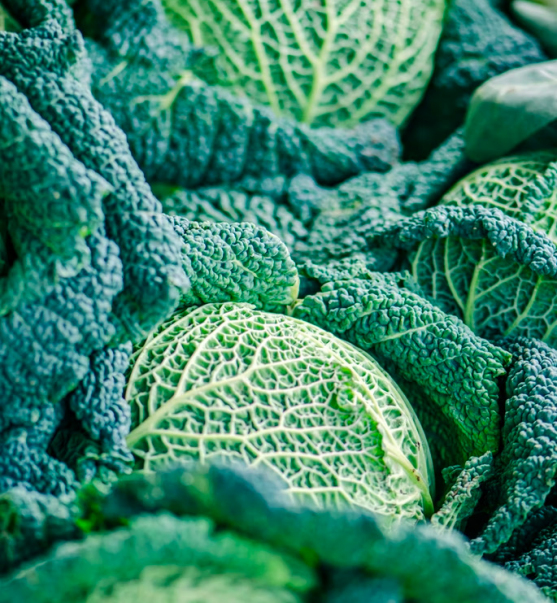
Committing to eating cruciferous vegetables 3x’s a week can reduce overall illness risk by 50%. Protect cells from DNA damage, inactive carcinogens, have anti-viral and antibacterial effects, anti-inflammatory effects.
Leaves that comes from camellia ninensis plant that have not been oxidized before drying.
Green tea is commonly carried in local supermarkets.
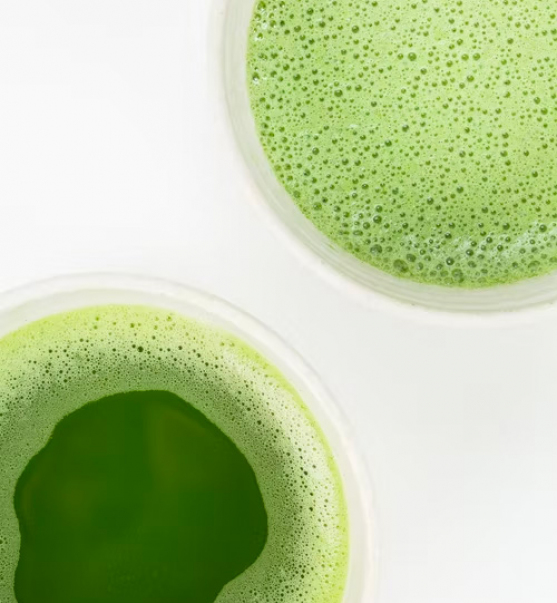
Polyphenols in green tea inhibit breast cancer cells. EGCG. May reduce risk of all cancers. Natural antioxidants they may prevent cell damage that can lead to cancer.
Incorporate a “tea break” into your day! A warm cup of green tea and a quiet five minutes.
Low levels of melatonin could cause breast cell growth that make breast cancer more likely. People who do not get enough sleep and/or exposed to excessive light at night have lower levels of melatonin.

No caffeine after 1:00
Caffeine has a half-life of 3 to 5 hours. The half-life is the time it takes for your body to eliminate half of the drug. The remaining caffeine can stay in your body for a long time. Scientist are finding that evening use of caffeine not only disrupts sleep it can change the bodies circadian clock.Dark bedroom while sleeping
excessive light during sleep can disrupt circadian rhythm. While sleep use black out curtains or an eye mask and turn off of electronics.Set the thermostat at 68 degrees
Studies suggest the best room temperature for sleep is 60-68 degrees Fahrenheit. Keeping the bedroom cool enough allows you to maintain an ideal body temperature for sleeping.Natural light in the morning
Bright light in the morning will help you sleep at night. Exposure to natural daylight early in the day helps set circadian rhythm.https://www.breastcancer.org/managing-life/diet-nutrition/dietary-supplements/known/melatonin
https://www.ncbi.nlm.nih.gov/pmc/articles/PMC4301735/
https://www.ncbi.nlm.nih.gov/pmc/articles/PMC7432395/
https://www.health.harvard.edu/sleep/how-sleep-deprivation-can-cause-inflammation
https://www.ncbi.nlm.nih.gov/pmc/articles/PMC3548567/
